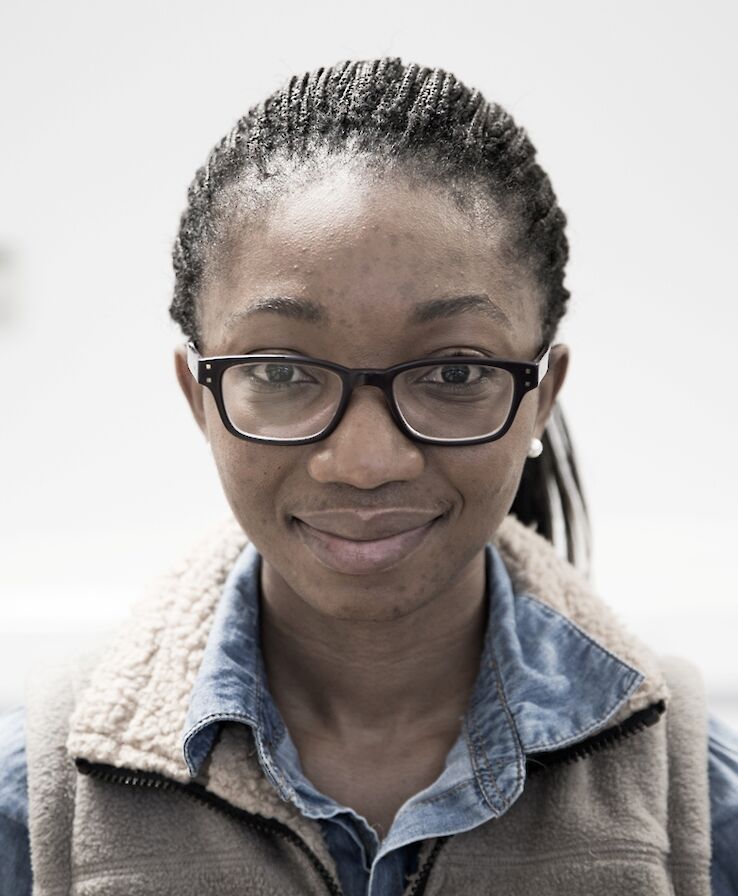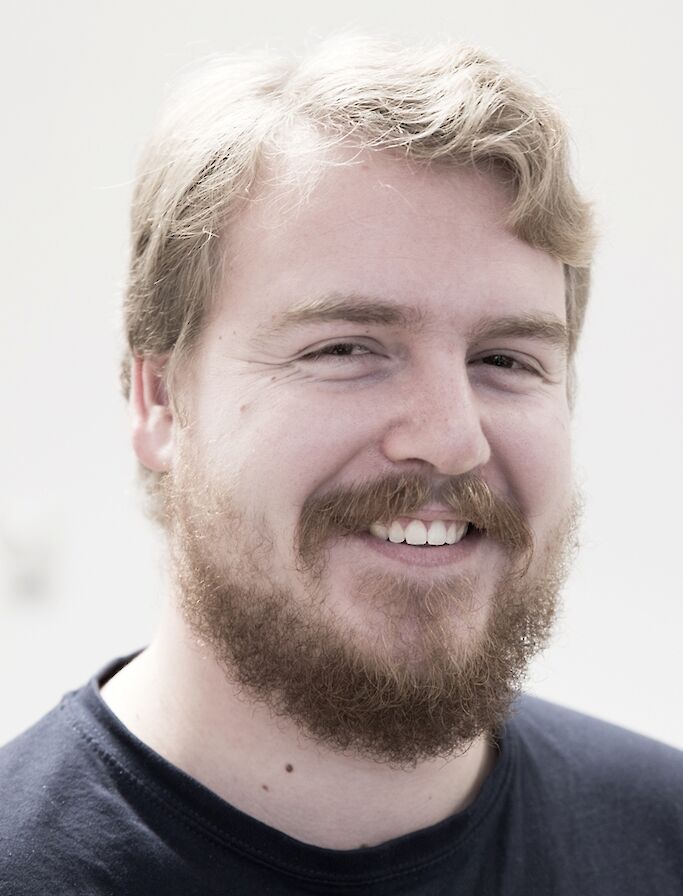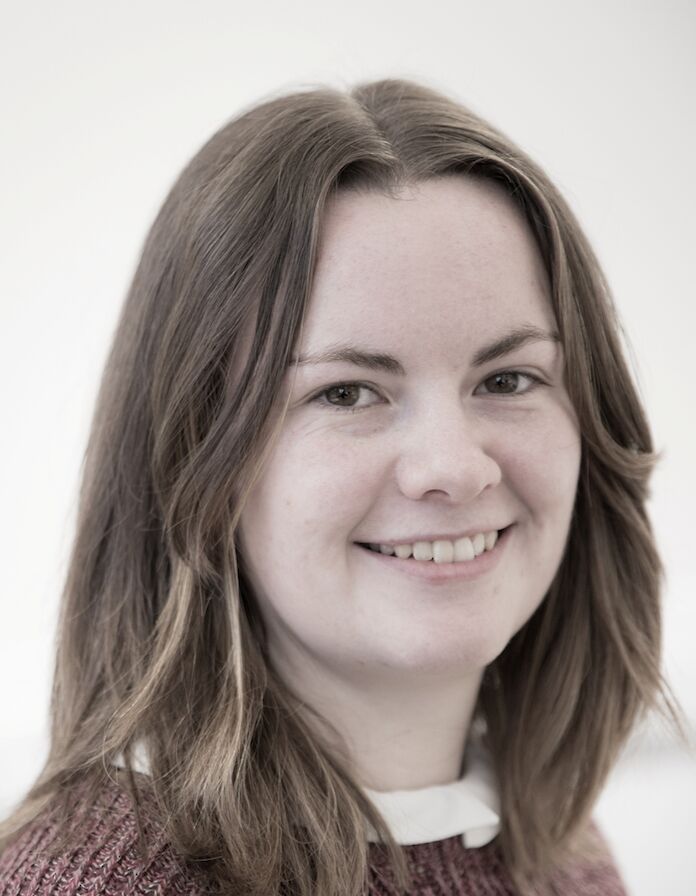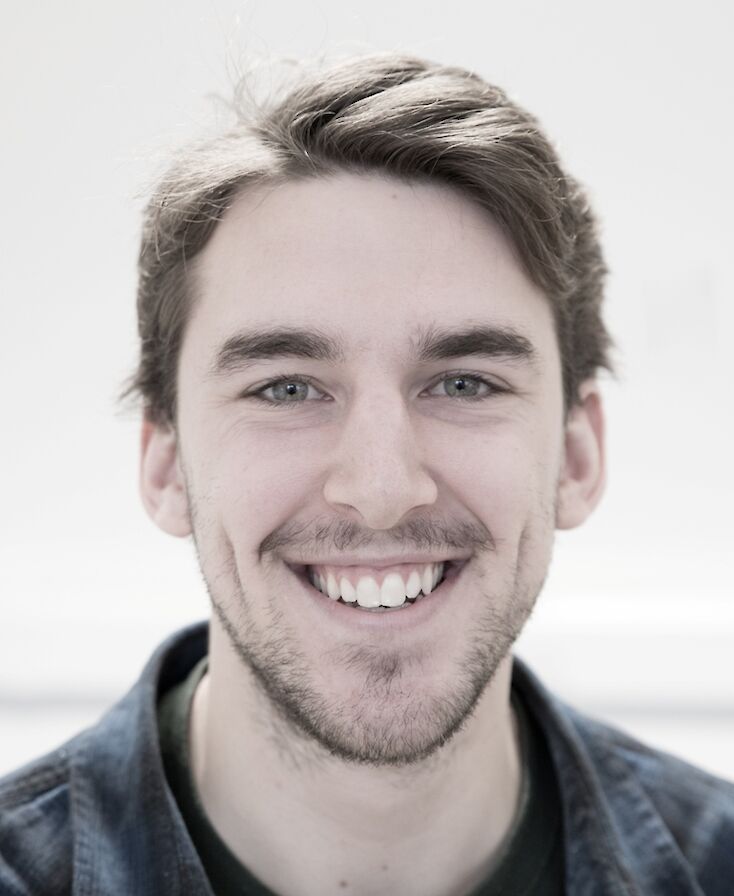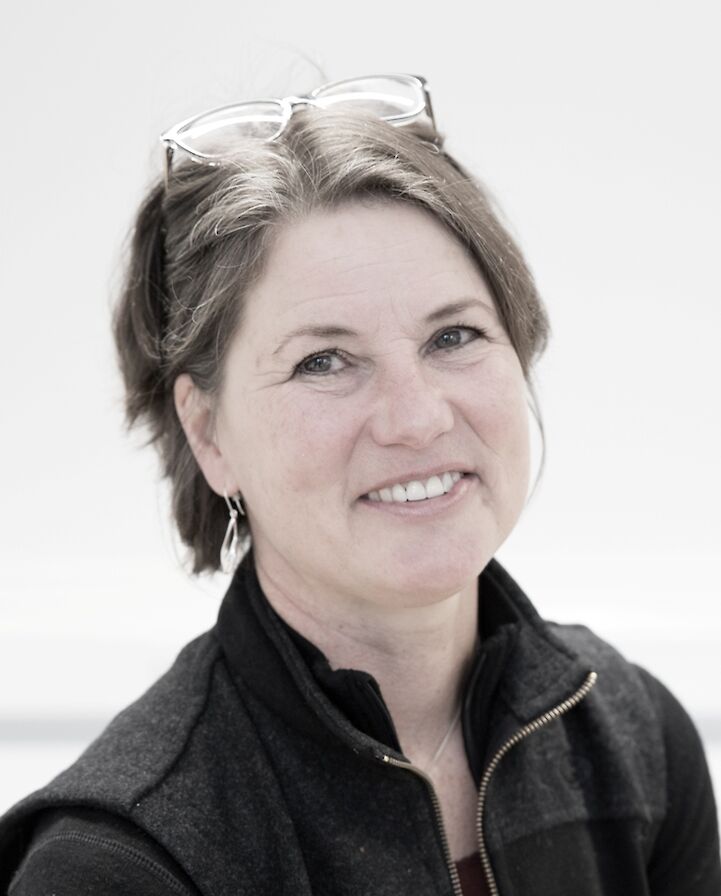David Flanagan has been finding out what it is about the courses available, Stromness and island life that has become such a draw for these international visitors.
“I think it’s one of the most unique places I’ve ever been in my life,” says Canadian student Nick Fraser, reflecting on his temporary Orkney home. “People can tell you about it, and try to describe it, but it’s really beyond what they can say. You don’t understand how amazingly cool it is until you come here and experience it for yourself.”
Twenty-three-year-old Nick, who hails from Saint John, New Brunswick, is part of a steady stream of postgraduate students drawn to Orkney from around the world to undertake Masters degrees at Heriot-Watt University’s International Centre for Island Technology (ICIT).
For the past 28 years, ICIT has delivered a range of highly specialised graduate programmes through its Stromness based campus, gaining a global reputation in the fields of marine renewables and marine planning education in particular.
As university campus towns go, Stromness must rank as one of the most unusual with its population of just 2,000 or so. However, its location at the heart of Orkney’s marine renewables industry – the port is home to the European Marine Energy Centre and a range of specialised renewables supply chain companies – makes it the go-to place for graduates looking to gain the expert knowledge needed to work in this pioneering field.
Around 400 Masters graduates have emerged from ICIT since 1990, along with over 150 MSc Distance Learning graduates. More than a dozen Orkney-based PhDs have also been awarded by the university.

Many of those graduates are now playing key roles in renewables development and marine planning in their home countries, with several opting to stay working in Orkney.
But beyond ICIT’s academic track record lies another story, one in which students from as far afield as Thailand, Kazakhstan, Hawaii and Mexico, have been captivated by Orkney’s landscape, people, history and lifestyle, with the narrow streets and close-knit community of Stromness providing the backdrop for a university life unlike any other.

“Saint John is the oldest incorporated city in Canada and we have this real pride and legacy in how old we are,” continues Nick Fraser, who is studying for a Masters in Marine Renewable Energy with ICIT. “It’s hilarious because we’ve got maybe four or five buildings that are 200 years old and when I came to Orkney I found everything here was older than that. It was really quite incredible.”
Genuinely ancient history aside, Nick’s interest in Orkney was sparked by the sight of tidal energy developer Open Hydro’s turbine device – tested at EMEC’s Fall of Warness site – close to home in the Bay of Fundy. “Blown away” by the scale of the device, he contacted Open Hydro asking for a job.
“They didn’t take anyone with my background – my degree was in environmental biology – but they said there was this cool university in northern Scotland - Heriot-Watt’s ICIT,” reflects Nick, who ultimately wants to return to New Brunswick and develop his own marine energy device. “After researching it and talking to ICIT, I thought this was the place for me. I’d recommend it 100 per cent to anyone else back home.”

Hannah Sheridan from County Donegal, Ireland, has been equally impressed by what she’s found in Orkney.
“It’s been the most enjoyable academic experience I’ve had so far,” says the 24-year old, who is studying for a Masters in Marine Planning for Sustainable Development. “I think that’s all down to the fact we’re on the islands and we’ve had to become close knit. But because of that we’re all really good friends and it’s made the studying experience much more enjoyable.
“You also can’t walk down the street in Stromness without someone saying hello,” she adds. “You’ll often bump into your lecturer, who may have been speaking to you in the morning about governance and the rights of the sea, and they’ll just stop and have a normal conversation with you.”
Hannah, who like many of the ICIT student body enjoys volleyball, swimming and socialising in Stromness’ pubs, says she’d like to stay working in Orkney after graduation.
“Most of the opportunities for marine work are in Orkney and that was one of drivers for coming here,” she adds. “Why would you go and live somewhere else when you’re going to have to travel back up to work here?”

Namibian student, Lusia Negonga, admits she knew little about Orkney before applying for a place on ICIT’s Marine Planning course, with the unique content offered by Heriot Watt the biggest draw for her.
“The course looked very attractive as I've always been interested in marine resource management,” says 27-year-old Lusia, whose first degree was in fisheries and aquatic science. “My country at the moment is busy setting up its spatial plan for its marine environment and I would really like to be part of that new journey and experience. I look forward to going back home and sharing the knowledge and expertise I've gained here, which I hope will contribute to the sustainable use and management goals of its marine environment and resources.
“Only after I applied I looked up Orkney and I was like: ‘Ok, this is a really good place to come to because it’s the centre of where everything in the marine world is happening’,” she adds. “It’s definitely a centre of excellence and the Orcadians are very warm and welcoming, with a willingness to show you around and tell you about their culture.”
Some of the current crop of ICIT students in Orkney
In the unlikely event that Norwegian student Anders Hekland fails his Masters in Marine Resource Management there’s always the option of a career in stand-up comedy.
“I have come to Orkney to reclaim my former possessions,” jokes the 24-year old with a background in shipping logistics. “The others have problems with the temperature here, but I don’t. The first thing I noticed about Orkney was all the similarities to Norway in the place names and the Orcadian flag. There have been quite a lot of times coming back from the pub when I’ve thought it was a Norwegian flag. It feels like home.”
He adds: “You just thrive here. The close connection between the university, the local industry and the local people, brings the best out of everything. I don’t have anything but positive words about Orkney.”
American Annie Getchell, who is studying Marine Planning at ICIT, has taken a more circuitous route to campus life in Orkney. Now technically classed as a mature student, her first degree in journalism was undertaken, in her own words, “in a different century.”
“I changed my life for the Scottish islands about 20 years ago,” says Annie. “I’m studying Marine Planning now because I’ve been skirting the margins by boat since, living in coastal communities and seeing the needs of islands, where people have to work together to plan for their future.”
As an older student without a hard science background, Annie admits she’s found some elements of her course challenging.
“I’ve been working with my hands for about 15 years, percolating life experience but not stretching my brain,” she laughs. “While I intuitively understand the science, the language of maths and physics is something of a vocabulary lesson. It’s going slowly, but the quality of the course is worth a patient approach. On the other hand, my younger colleagues are absolutely on fire with curiosity and their momentum is truly inspiring.”

For those already working in the renewables sector in Orkney, the presence of Heriot-Watt/ICIT in Stromness is seen as crucial for the long-term health and viability of the industry.
“In many ways ICIT has been the catalyst for a lot of the marine renewables work that has developed in Orkney,” says Ian Johnstone of local industry body, the Orkney Renewable Energy Forum (OREF). “A relatively large portion of the renewable and environmental companies that have developed in Orkney have staff who have gone through the MSc programme at ICIT.
“ICIT produces a high number of skilled graduates who are available to support the development of the industry and the supply chain that has grown up in Orkney, and Scotland. The industry is relatively specialised and requires a range of skills from different disciplines, which is exactly what ICIT is encouraging into their academic programmes. This also develops research projects, which support the development of the sector.
Ian also recognises the broader positive impact a student population has on the local community.

“Stromness and Orkney have benefited from having up to 25 students living and studying within Orkney for nine to 12 months of the year,” he says. “Clubs, pubs, shops, and events have all seen students attend and very often take active parts in Orkney life. A number have gone on to build a future in Orkney and settled here, which has contributed to the islands bucking the trend with an increasing population.”
Annie Getchell, who is keen to apply her post graduate knowledge to help coastal and island communities solve their unique problems, has the last word on the ICIT experience.
“Heriot-Watt is like a little island of excellence, on an island,” she says. “It’s amazing to be in a small campus, within a small community. You learn that an island isn’t really an isolated place. It’s the strongest example of community you can get.”
Find out more about ICIT and Heriot-Watt University via the official website.
Learn more about Orkney's marine energy industy from the Orkney Marine Renewables website and the Orkney Renewable Energy Forum website.
The Digital Orkney project has been part financed by the Scottish Government and the European Community Orkney LEADER 2014-2020 Programme.
